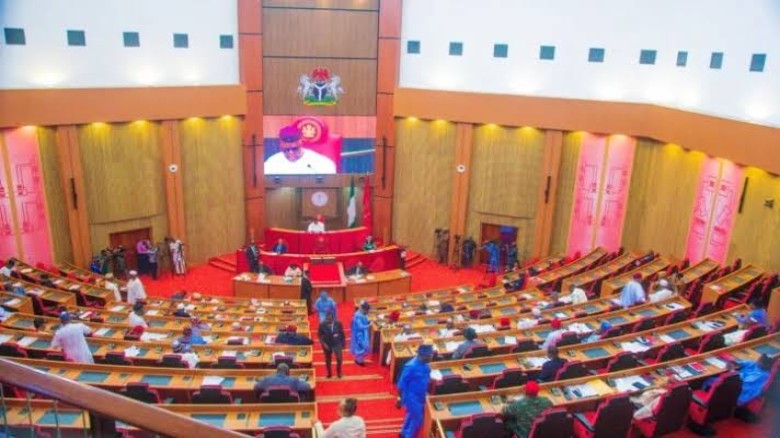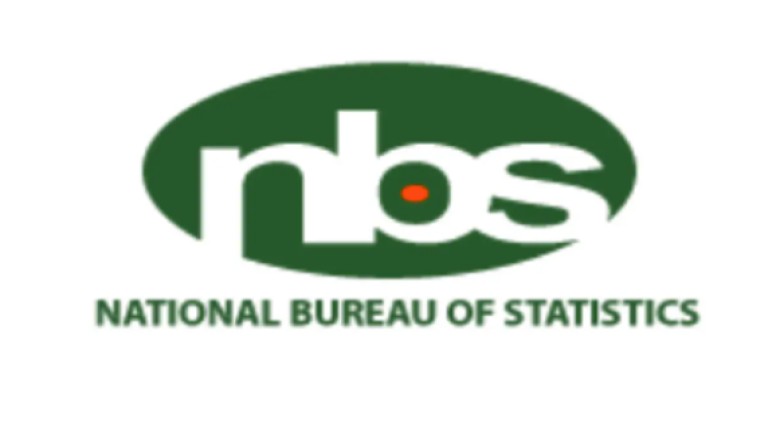Floods and Currency Devaluation Likely to Drive Nigeria's Inflation in 2025
Nigeria's inflation is expected to remain high in 2025 due to intermittent flooding and ongoing challenges with the naira, despite forecasts that inflation in key African economies will slow down next year, according to a recent Reuters poll.
Reuters highlighted that the severe shortage of dollars in countries like Angola, Nigeria, and Zambia has often exacerbated domestic inflation due to their dependence on single-commodity revenue streams like crude oil and copper.
Earlier, the International Monetary Fund predicted that Nigeria's inflation would drop from its current rate of 33.2 percent to 23 percent by 2025, taking into account the Central Bank of Nigeria's tightening monetary policies.
However, the poll of 15 analysts conducted last week indicated that inflation would ease more in countries with better diversified dollar income sources, such as Kenya.
"Inflation in Nigeria is expected to rise to 29.1 percent this year, up from an average of 24.5 percent last year, before slowing to 17.2 percent next year. Last month, it hit a 28-year high of 33.2 percent year-on-year.
"Nigeria's central bank governor, Olayemi Cardoso, raised the monetary policy rate by 200 basis points to 24.75 percent last month, following a 400 basis point increase in February.
"Even with a more cohesive monetary policy in place and a potential stabilization of the naira, Nigeria's inflation rate is likely to decline slowly this year," the report noted.
It further explained that the high inflation rate is largely driven by persistent food price inflation, which makes up about 50 percent of the Consumer Price Index basket and is only minimally affected by monetary policy.
"Elevated food price inflation stems from widespread flooding in various parts of the country in recent years, the increasing cost of fertilizer, and ongoing insecurity in many key agricultural regions."
The report indicated that Ghana's inflation averaged 40.3 percent last year but is projected to significantly drop to 18.7 percent this year and then to 12.1 percent in 2025.
Angola's inflation is expected to decrease from this year's 23.7 percent to last year's average of 13.6 percent by next year, while in Zambia, it's anticipated to slow to 8.0 percent in 2025 from 12.3 percent this year.
Kenya's inflation is expected to remain among the lowest in the region, second only to South Africa, with an average of 5.6 percent next year compared to 6.3 percent this year, according to a recent poll.
The Nigeria Meteorological Agency, anticipating an average annual rainfall of 1,936.2 mm in 2024 with a high likelihood of flash floods, issued a critical warning to residents in wetlands and low-lying areas. The agency recommended relocating to higher ground to minimize the risk of loss of life and property. Safety and preparedness should be a priority in such conditions.
The Acting Director-General of the FCT Emergency Management Department, Mr. Mohammed Sabo, spoke with our correspondent over the weekend, confirming that his department was aware of the rainfall predictions. He mentioned that they are actively working to raise awareness among residents and to barricade roads in areas prone to flash floods.
"We have the 2024 climate predictions from the Meteorological Agency and the National Flood Outlook, which forecast flash floods in the FCT area. Our usual response is to engage in extensive public sensitization, particularly for those living near riverbanks, advising them to evacuate to higher ground once the rainy season begins to avoid potential flood damage.
In areas prone to flash floods, our standard procedure is to erect barricades on critical roads when it rains, keeping them in place until the rainfall stops and the water recedes. For areas with persistent flooding, we implement full barricades on the roads throughout the rainy season," he explained.
Sabo stated that the FCT Emergency Management Department (FEMD) will start engaging with stakeholders in May to review previous initiatives and devise strategies to ensure the safety of lives and property in 2024. This includes conducting a new assessment of all flash-flood-prone areas in the FCT.
"We're also planning to conduct a comprehensive review of all areas prone to flash floods and other locations that have experienced flooding in the FCT. Whatever measures are needed to address these risks will be implemented," he said.
























Leave A Comment